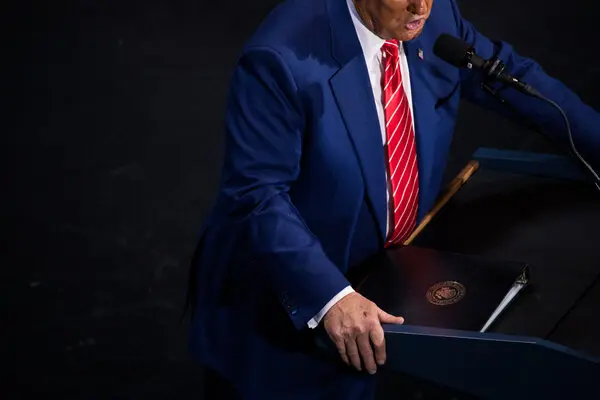Former President Donald Trump is once again making headlines—this time by reigniting his long-running feud with elite institutions, most recently Harvard University. His latest salvo against Harvard isn’t just political theater. It’s a calculated move designed to position the Ivy League as the out-of-touch elite and himself as the voice of the working class.
This isn’t new ground for Trump. Since his first campaign in 2015, he’s painted the elite class—especially those with Ivy League credentials—as the root of American inequality. But Harvard, with its prestige and influence, has become a favorite punching bag in recent months.
What Triggered the Latest Attack?
Trump’s criticism of Harvard resurfaced after the university became embroiled in controversies ranging from affirmative action to political bias in academia. The Supreme Court’s recent decision to strike down race-based admissions added fuel to the fire, giving Trump an opening to criticize Harvard as “discriminatory” and “elitist.”
He’s framed the issue not just as an admissions policy debate, but as a broader cultural battle. In his words, Harvard represents “everything that’s wrong with the American establishment.”
The Ivy League vs. the Working Class
By targeting Harvard, Trump is sharpening the perceived divide between elite institutions and everyday Americans. The message is simple: while Ivy League schools serve the wealthy and well-connected, Trump claims to champion the forgotten working class.
To his base, this isn’t just about education. It’s about values. It’s about feeling excluded from opportunities that seem rigged in favor of the elite. By portraying Harvard as an enemy of the working class, Trump taps into a deep reservoir of resentment toward what many view as an unfair system.
Why This Rhetoric Works
Trump’s latest salvo against Harvard works politically because it simplifies a complex issue. Harvard becomes a symbol of privilege, and Trump positions himself as the disruptor willing to call it out. His critics may see it as divisive, but for supporters, it’s a reaffirmation of their frustrations with a system they believe doesn’t represent them.
This strategy also fits squarely within the ongoing culture war narrative. It’s less about solving problems in education and more about drawing lines—between “us” and “them,” between the real world and the ivory tower.
What’s Next?
Expect more of this. As the 2024 campaign heats up, Trump will likely continue to pit the Ivy League against the working class. Harvard is just the current target, but the broader strategy is about keeping cultural divisions front and center.
Whether you agree with Trump or not, his latest salvo against Harvard highlights a deeper tension in American society—one where education, opportunity, and class collide in increasingly public ways.



